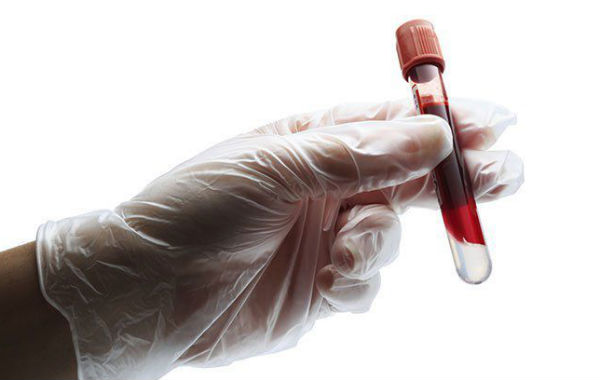
Four Things You Must Know Before a Blood Test
Blood tests are an essential part of keeping oneself healthy and fit. Blood tests are one of the simplest ways to keep a check on hundreds of parameters in the body ranging from blood sugar levels to every single organ and its well-being and functioning in the body.
Just by a few millilitres of blood that is drawn from the veins, a pathology lab may be able to find out any number of bacteria or viruses that have invaded the body, any infection that may be present in the body or any disease that may have infested the body.
A microbiology lab is able to check for the number of different enzymes, hormones, waste products and types of cells that are present in the blood and draw important conclusions such as the functioning levels of the kidney, liver, heart, pancreas, reproductive hormone, etc. Blood tests are invaluable and almost indispensable when it comes to medical sciences.
How is a Blood Test done?
Our blood has various constituents such as cells, proteins, amino acids, enzymes, hormones, waste or byproducts and so many other things. The serum is an important part of the blood, which is eliminated from the blood and evaluated separately.
The serum contains many of these vital essences in it, which are observed under a microscope. By introducing a few chemicals, a lab technician may be able to detect the composition of the sample that the lab has acquired.
The lab takes samples by collecting blood in a vial. This vial is then stored in a cool temperature until it is ready to be examined. The lab technician prepares various small slabs and may work with chemicals that help identify the sample’s constituents.
The technician then estimates the levels of the various enzymes or proteins. This is the most common procedure that is performed in a microbiology lab.
In a pathology lab, the technicians usually check for the presence of pathogens – bacteria and viruses especially. The various kinds of pathogens are detected under a high-powered microscope that helps in establishing the presence of pathogens in the sample. The levels are then estimated by the lab technician and reported.
Things to know before a Blood Test
Blood tests are done at all hospitals, clinics and labs these days. The cost of a blood test varies from place and the city. It mainly depends on what kind of blood test one wants to do, such as sugar test, cholesterol test, LFT, KFT, uric acid test, Cardiac markers etc. Blood test prices range between Rs 100 to Rs 600 based on the kind of blood test that is opted for.
Below are 4 important things one must be aware of before taking a blood test:
- Blood tests may require a person to fast, which means that they may need not eat for at least 8hrs or so.
- Blood test results depend on the kind of test opted for, some tests take more time, but some test results are almost instant.
- Blood tests no longer require to be done at hospitals or labs but can also be booked at home, and a technician may collect samples from the patient.
- Blood tests are usually coupled with urine tests and scans if required for a more definitive diagnosis.
